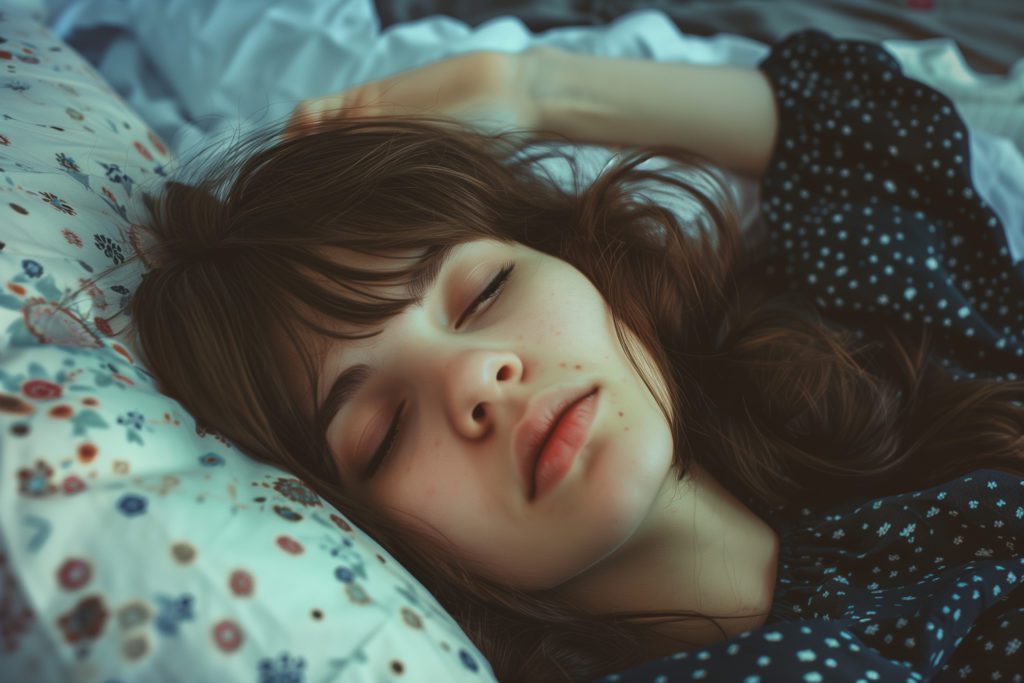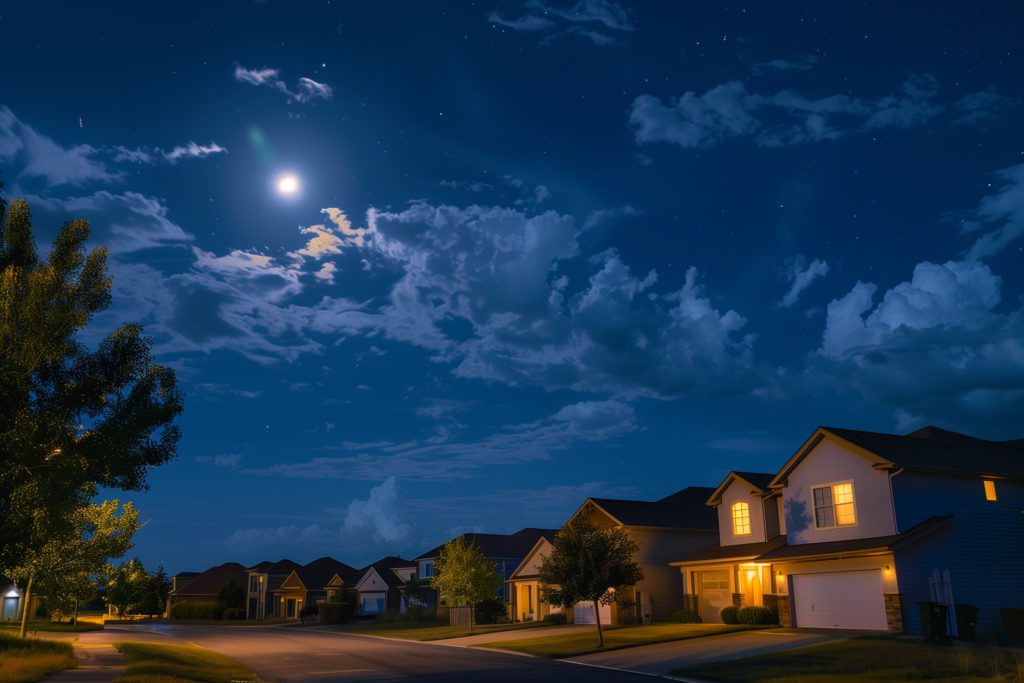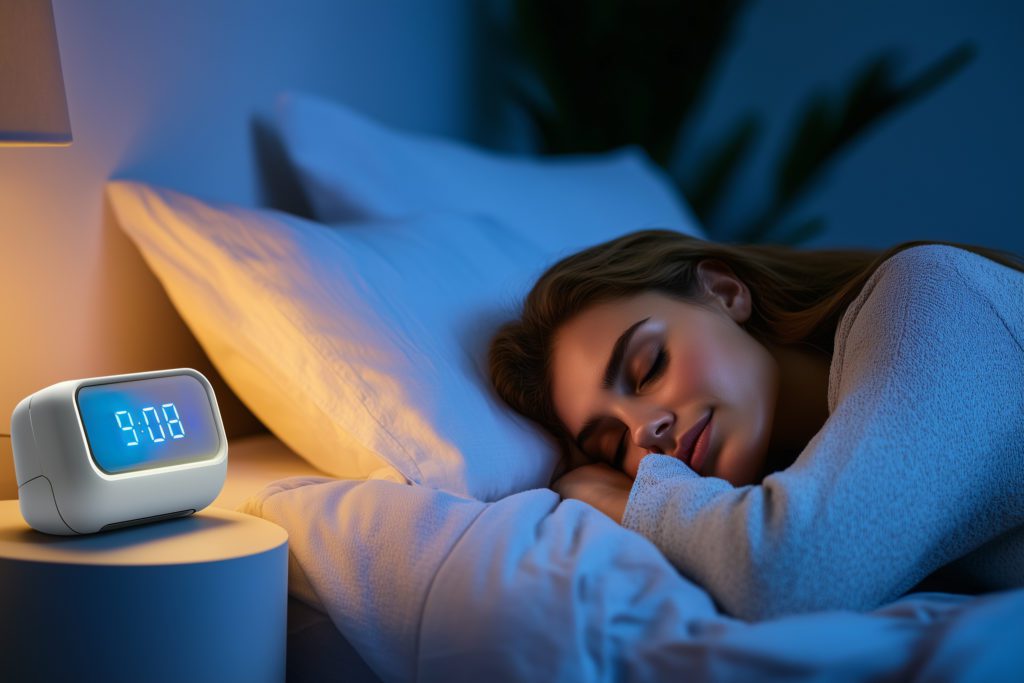
The Impact of Aging on Sleep Quality and Duration: What to Expect
Explore how aging impacts sleep quality and duration. With practical tips and insights, learn how to get optimal rest for graceful aging.

As we get older, a lot can change for us—including our sleep. We may get up throughout the night, or we may even find that we feel less rested than we used to. Older adults, generally individuals over the age of 60, still need at least seven to eight hours of sleep. However, if we aren’t aware of what happens to us as we age and how our aging affects our sleep quality and duration, it can be difficult for us to ensure that we get optimal rest.
In this article, we'll explore the impact of aging on sleep and how it changes. We'll also uncover why this happens, how our quality and duration of sleep may be affected, and how you can ensure beneficial sleep in your later years.
How Does Our Sleep Change as We Age?
As we mentioned, how you sleep changes as you age, no matter what you may be doing to ensure optimal health. It is absolutely normal when aging to experience changes to your sleep patterns, whether you get up more frequently throughout the night, need to go to bed later, or even find yourself waking up earlier. This is primarily because of our hormones and how they shift as we get older (Source: ScienceDirect).
Our hormones shift as we age, and because of this, so do our circadian rhythms. Circadian rhythms are critical for ensuring we stay regular and have normal sleep-wake patterns. As our hormones shift, our total sleep time (TST) and sleep efficiency might decrease over time. We may also find ourselves in a position where we can't "phase shift," which is critical for those who travel and struggle with jet lag, shift work, and other altered schedules.
Why Does Our Sleep Change as We Age?
There’s a biological reason why our sleep changes so much as we age and why our hormones no longer allow us to experience the same quality and duration of sleep as we used to. The hypothalamus, a part of the brain responsible for our internal clocks, helps us feel rested, but as we grow older, this internal clock deteriorates. Therefore, our sleep-wake cycle and our internal clocks begin to shift or even experience disruptions because the hypothalamus is not as strong as it used to be.
As you can see, our sleep changes because our brain ages just as our bodies do. This sometimes leads to startling changes in our overall sleep and the quality and duration of sleep.
Impact of Aging on Sleep Quality
Understanding how aging impacts sleep makes it easy to see how it affects sleep quality. Studies have shown that sleep efficiency has been reduced as a result of people aging. This doesn't just happen in older adults; it can happen to us all, from young adults to middle-aged citizens!
The amount of deep sleep we enjoy is a primary indicator of sleep quality. Unfortunately, starting when we are 19 years old and continuing until we are 60, we begin to see a steady decline in the amount of deep sleep that we get over time. Men are among the most likely to experience age-related declines in deep sleep and slow-wave sleep. However, despite this, a reported 50% of aging adults say that they experience poorer quality sleep.
As you can see, sleep quality is affected by aging, but it is not just the quality of the sleep that differs as we grow older, but also the duration of such and how long we can sleep in one sitting.
Impact of Aging on Sleep Duration
Just like with sleep quality, our aging leads to changes in how long we sleep. Sleep duration also experiences a consistent, measurable decline per decade of aging. An article in Sleep Medicine Clinics showed that total sleep time decreases by 8 minutes on average for men and 10 minutes for women every ten years.
While many people may lose sleep over time, it is essential to note that researchers show that naps become even more important to aging adults than they were in their youth, helping them catch up on this missed sleep, even if it is through little power naps in the afternoon. Fortunately, this loss of sleep also plateaus when we reach the age of 60, so you can rest assured knowing that you will not experience much disruption to your sleep in your later years!
Scholars have discovered that some sleep loss can be attributed to medications. Some medications can disrupt sleep, and adults may also have other comorbidities that can cause them to lose sleep. That’s why it is always important to take into account your own situation and what may be affecting you, as your loss of sleep may not always be just due to aging (Source: PubMed).
How to Ensure Beneficial Sleep Patterns
To ensure that you continue to get high-quality sleep and enough sleep at that, there are some steps you can take today to ensure optimal sleep while you age.
- Get Daylight Exposure: There's nothing quite as beneficial as regular sunlight throughout the day. This can help you regulate and ensure you have the usual wake and rest periods.
- Consider Melatonin: If you really struggle with sleep, melatonin is an excellent short-term supplement to consider. It can help you induce sleep and sleep throughout the night with ease.
- Ensure Regular Bedtimes: Along with daylight sun exposure, you should also take steps to ensure that you get to bed at the same time roughly every night. This can help you rest well and long enough to prepare for the day ahead.
Getting quality sleep is important not just for your own energy but also for your health. Poor quality sleep can lead to cognitive decline and potentially even Alzheimer’s disease. The severity and frequency of one’s sleep disturbances can contribute to challenges, including cardiovascular disease, so if you take steps now, you can age gracefully and enjoy better quality sleep for optimal longevity.
How Will You Improve Your Sleep?
As we age, we can all take steps to improve our sleep. By understanding how aging impacts sleep quality and duration, you can age with grace and enjoy optimal rest and enhanced longevity.

Written by
Marie Soukup
Marie Soukup is a seasoned copywriter, editor, and Integrative Nutrition Health Coach with a certificate from the Institute of Integrative Nutrition (IIN). With years of experience working with brands across diverse industries, Marie is passionate about holistic health and crafting compelling content.
Download Pillow
Get help
Press & News
Legal
Connect
X (Twitter)
Company
Copyright © Neybox Digital Ltd.



